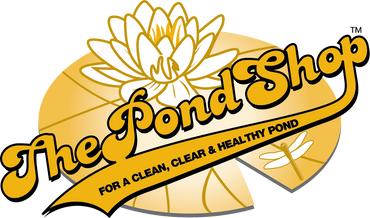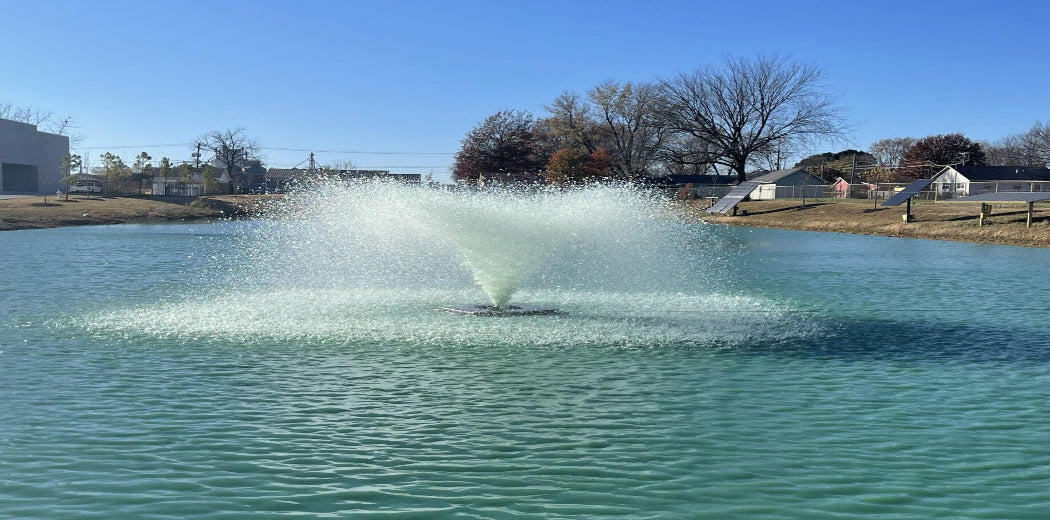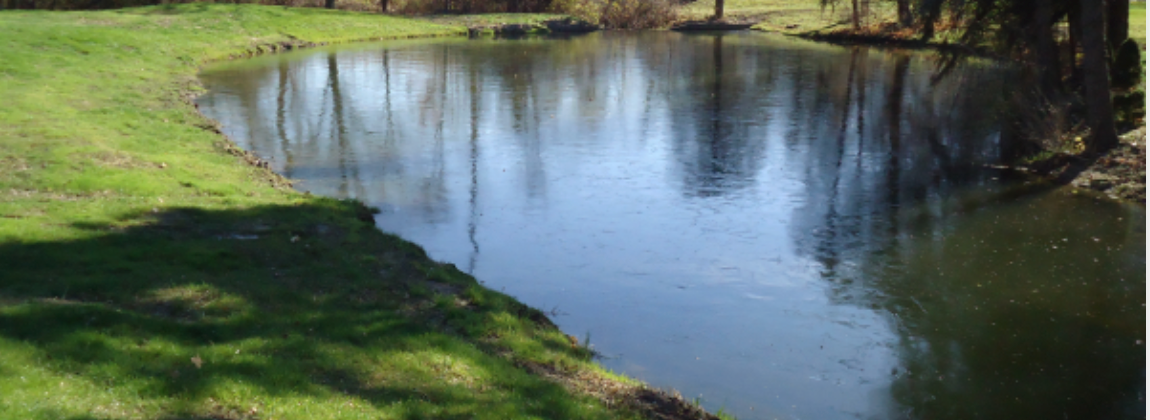Understanding Fish Pond Filtration: Mechanical vs. Biological Filtration
A clean and healthy fish pond depends on effective filtration to remove waste, excess nutrients, and harmful substances. Two essential types of filtration systems work together to maintain water quality: mechanical filtration and biological filtration. Understanding their roles can help you create a balanced, thriving aquatic environment for your fish and plants.
Mechanical Filtration: Removing Debris and Particles
Mechanical filtration is the process of physically removing solid waste and debris from the pond water. This includes fish waste, uneaten food, leaves, and other organic matter that can cloud the water and contribute to poor water quality.
How It Works:
-
Water is drawn through a filter medium (such as Matala mats(for EasyPro Skimmers), standard filter mats, or filter pads) that traps solid particles.
-
Some mechanical filters use pressurized systems, while others rely on gravity-fed designs.
-
Regular cleaning of mechanical filters is necessary to prevent clogging and ensure optimal performance.
Benefits of Mechanical Filtration:
-
Keeps water clear by removing visible debris.
-
Prevents organic waste from breaking down and releasing excess nutrients.
-
Reduces sludge buildup at the bottom of the pond.
Biological Filtration: Supporting Beneficial Bacteria
Biological filtration relies on beneficial bacteria to break down harmful substances like ammonia and nitrites, which are produced from fish waste and decaying organic material. Without proper biological filtration, these toxins can build up and harm fish.
How It Works:
-
Beneficial bacteria colonize surfaces in the pond, including bio-media (such as eco-blocks, lava rock, bacti-twist, or plastic bio-balls) in the filter.
-
These bacteria convert toxic ammonia into nitrites and then into less harmful nitrates in a process known as the nitrogen cycle.
-
Nitrates are then absorbed by aquatic plants or diluted through water changes.
Benefits of Biological Filtration:
-
Detoxifies harmful ammonia and nitrites, keeping fish safe.
-
Supports a balanced pond ecosystem with stable water conditions.
-
Reduces the need for frequent water changes and chemical treatments.
Choosing the Right Filtration System
For a healthy pond, both mechanical and biological filtration are essential. Many pond filtration systems combine both types to provide comprehensive water purification. When selecting a filtration system, consider:
-
The size and depth of your pond.
-
The number and species of fish you keep.
-
The presence of plants and other natural filtration elements.
Final Thoughts
A well-functioning filtration system is key to maintaining a thriving fish pond. Mechanical filtration keeps the water clear of debris, while biological filtration ensures a safe, balanced environment by breaking down harmful substances. By incorporating both filtration methods, you can enjoy a clean, low-maintenance pond that provides a healthy habitat for your fish and aquatic plants.
Be sure to check out our offerings for Fish Pond and Water Garden filtration!



